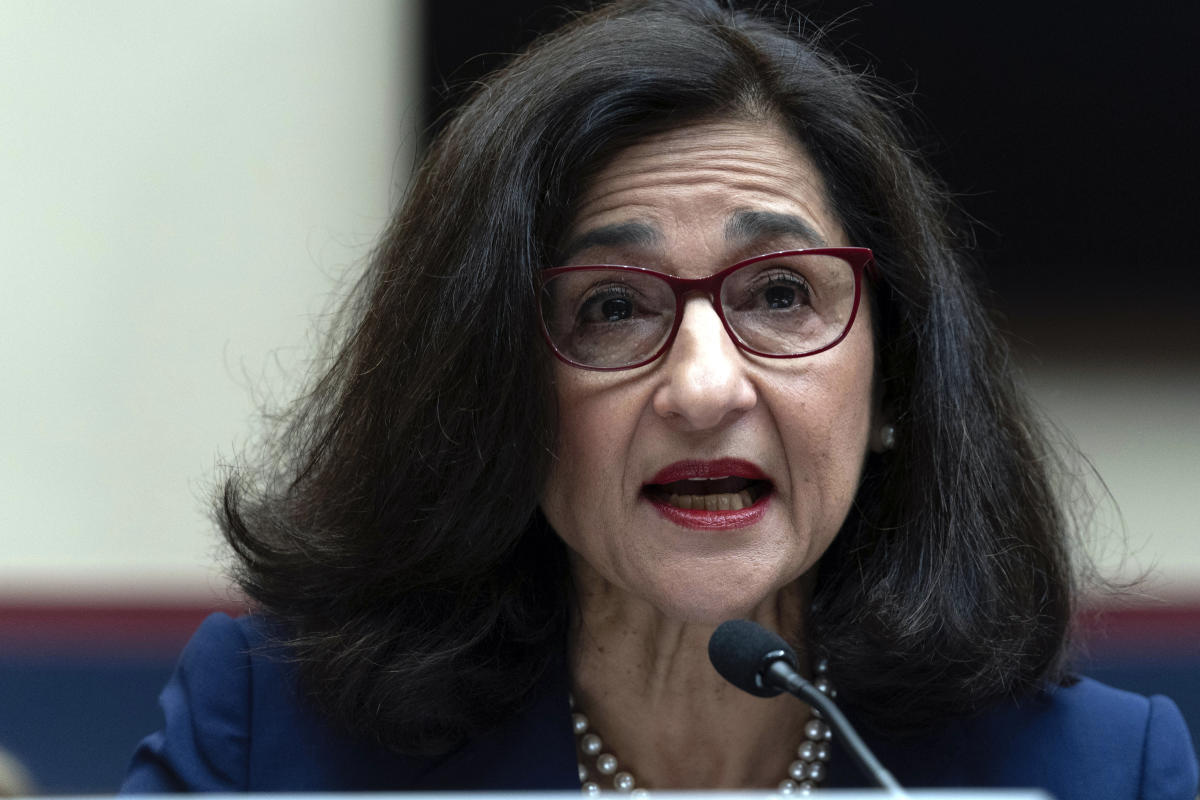DENVER (KDVR) — New rules will allow Coloradans to use night vision goggles and thermal equipment to “haze and potentially kill” preying gray wolves.
The Colorado Parks and Wildlife Commission passed the new rules in a 6-4 vote Thursday. The rules include:
-
Ranchers can be reimbursed if wolves kill a bison
-
Pooled grazers can be compensated as well
-
Allowing the use of artificial light, night vision goggles and other thermal imaging equipment to “haze and potentially kill” wolves caught preying on livestock
Are Colorado’s wolves having pups? Signs point to yes
CPW has also issued nine “potentially injurious non-lethal hazing permits,” according to Reid DeWalt, assistant director for aquatic, terrestrial and natural resources.
Those permits will allow ranchers to shoot rubber buckshot, beanbags and other non-lethal projectiles to haze wolves that come in contact with livestock or people. Hazing wolves with non-injurious actions — like yelling, lights, noisemakers and other dissuasions — do not require a permit.
Wildlife officials deploy gray wolf deterrents
CPW has taken steps lately to help keep wolves and humans separate during the 2024 calving season.
So far, the agency has deployed a total of 5.5 miles of fladry, which has been up for 67 days. Fladery refers to fluttering, bright pieces of plastic or other material that are attached to fences. As the wind blows, the fladry flutters, deterring the wolves from going past.
Aurora temporarily lifts burn restriction, allows some fireworks
Still, CPW has detected wolves within 400 yards or less of fladry in three locations, but no livestock losses were reported at those times.
“In one location, we had wolves that were detected once every six days for 42 days, and once every three to four days for two weeks outside the fladry with no loss occurring,” DeWalt said. “We’ve also deployed 60 fox lights out there. Numerous crackers have been deployed by our (district wildlife managers) at their discretion,” in addition to the non-lethal hazing permits.
CPW has also hired two conflict specialists with a special concentration on wolf conflict in the Northwest CPW region. The Southwest CPW region is also hiring for such a role.
Temporary working group on wolf restoration
CPW has also begun a temporary working group through the Consensus Building Institute that is intended to provide input in specific areas related to the wolf restoration and management plan.
Suspects wanted in Arvada pride flag thefts
The group consists of individuals from wolf restoration groups, ranching groups and CPW staff.
“We are creating this forum to enable stakeholders to come together and discuss issues related to Colorado wolf reintroduction in a cooperative, face-to-face manner,” CPW Director Jeff Davis said in a release. “We’ve brought in a neutral, experienced facilitation team to manage the discussions. The willingness of this group to come together and collaborate on tough issues will help us achieve positive outcomes for all stakeholders in Colorado wolf restoration.”
The plan is for the group to lay the groundwork for decreasing conflicts with wolves and is slated to meet roughly three times for in-person, half-day meetings that will be held on the Western Slope. The group’s discussions will be presented to the Parks and Wildlife Commission this summer.
Copyright 2024 Nexstar Media, Inc. All rights reserved. This material may not be published, broadcast, rewritten, or redistributed.
For the latest news, weather, sports, and streaming video, head to FOX31 Denver.
Signup bonus from




